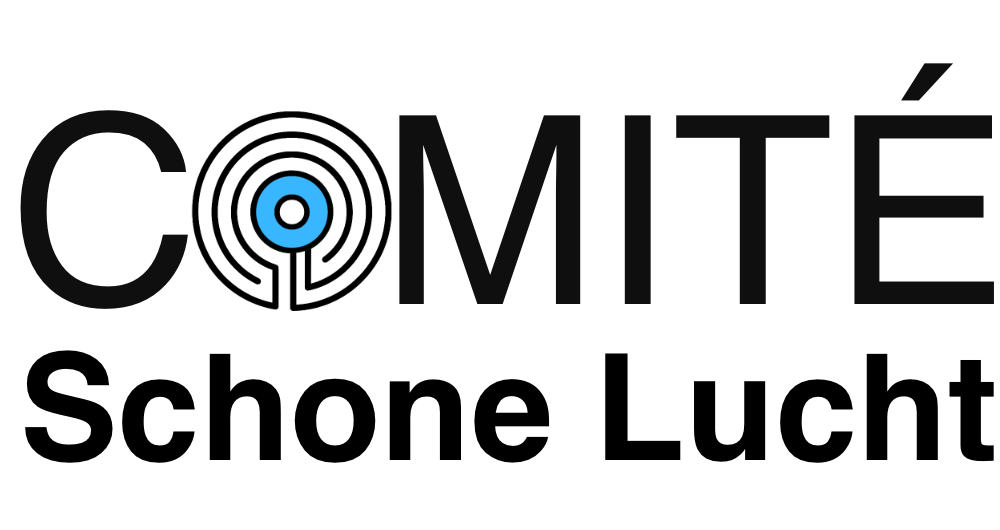Nature organizations demand action from regulator against energy company RWE, due to alleged import of ‘wrong’ wood
According to two nature organizations, the Dutch branch of RWE imported wood pellets for combustion in power plants in 2024 that do not meet the legal sustainability criteria. They say they have found “new evidence” based on their own research.
Author, Chris Hensen

Two nature organisations, the Dutch Clean Air Committee and the British Biofuelwatch, have filed a formal request with the Dutch Emissions Authority (NEa) to take action against possible illegal wood imports by energy company RWE.
According to the organisations, RWE, which operates several power plants in the Netherlands, imported wood pellets (for combustion in the plants) from Malaysia in 2024 that do not meet the legal sustainability requirements.
The two organisations announced this on Thursday. They call on the independent supervisor to take “immediate” action against the alleged abuses. The NEa monitors compliance with the sustainability requirements.
RWE is a major electricity producer in the Netherlands. The company operates several power plants, including the Amer and Eemshaven power plants. In both plants, RWE uses biomass as an important fuel. Biomass is often used as a substitute for coal.
Satellite images
As part of the transition to a cleaner energy supply, the Dutch legislator has banned the use of coal in power stations from 2030 at the latest. RWE receives subsidies that should stimulate the use of biomass. According to the two nature organisations, this amounts to 2.5 billion euros until 2027.
However, there are conditions attached to this, which should ensure that the biomass is also sustainable. In the case of wood pellets, for example, that no rainforest or other protected and natural forests have been cut down for this purpose, or vulnerable peatlands have been drained. Opponents of biomass often point to these problematic aspects of systematic deforestation for electricity production.
The two nature organisations say that, based on their own research, they have found “new evidence” that these types of controversial practices are nevertheless taking place around the import of wood pellets that RWE uses. According to the Clean Air Committee and Biofuelwatch, there have been multiple “violations” of the sustainability rules at two suspected suppliers of the energy company in Malaysia. They base this, among other things, on satellite images that show deforestation.
‘Destruction of rainforest’
According to the organisations, it is also remarkable that these suppliers have been officially approved by certification bodies, which the Dutch government relies on when assessing the wood pellets on the sustainability criteria – and therefore for the final allocation of subsidies. According to the Clean Air Committee and Biofuelwatch, their findings therefore also raise questions about the “validity and legitimacy” of the Dutch certification process in general.
The company does not disclose where exactly RWE gets its wood pellets from. However, the Clean Air Committee and Biofuelwatch conclude that RWE must have sourced wood pellets from Malaysia, because according to their calculations, RWE alone is responsible for the entire import of wood pellets to the Netherlands. According to figures from the European statistics office Eurostat, this also included almost 200,000 tonnes of Malaysian wood pellets in 2024. The two organisations then conclude that RWE must have purchased from the suppliers in question, because they are the only two Malaysian wood pellet companies that have the certificates that RWE needs to obtain the subsidies.
Fenna Swart, director of the Clean Air Committee, says in a response: “This evidence confirms the long-standing suspicions. It shows that Malaysian wood pellets used for the Dutch market are linked to the destruction of rainforest and, in some cases, to the drainage of peat. Both of these are in conflict with the Dutch sustainability criteria on the basis of which RWE receives billions of euros in government subsidies.”
Sustainability checks
RWE states in a written response that it does not recognize itself in the text of the enforcement request. “RWE takes the applicable rules regarding the sustainability of biomass very seriously. In recent years, we have always been able to demonstrate on the basis of the applicable conditions […] that the biomass we import complies with these. This is also checked by an independent, recognized and accredited certifier.” According to the energy company, the enforcement request shows “that the submitters do not know or do not know sufficiently the applicable rules regarding demonstrating the sustainability of biomass. Different rules apply to different categories of biomass. These are confused in the enforcement request. For example, in 2024, RWE only imported pellets from residues from the wood processing industry and no biomass directly from forests. And we have no trading relationship with any of the parties mentioned in the enforcement request.” In a written response, the NEa states that the role of the supervisor in assessing compliance with the sustainability requirements consists of ensuring that the certification bodies also perform the sustainability checks properly. The supervisor states that it does this in a “risk-oriented” manner, which means that “it focuses on the greatest risks in the market and/or can act on formal and informal signals”.
Withdrawal of subsidies
The NEa cannot therefore take action against RWE in the event of any violations. However, according to the statement: “Although we do not have a direct role as an enforcer here, the signal is a reason for us to speak of a risk that leads to a supervisory action.” That action is then aimed at the Malaysian certifier that assessed the shipment as biomass, according to the NEa, and consists of obtaining information from, for example, the certification bodies, the holders of the certificates and supervisors abroad.
If violations have actually occurred, it is ultimately up to the Ministry of Climate and Green Growth to take enforcement measures, such as withdrawing subsidies.
Original article in NRC: https://www.nrc.nl/nieuws/2025/06/26/natuurorganisaties-eisen-actie-toezichthouder-tegen-energiebedrijf-rwe-wegens-vermeende-import-fout-hout-a4898490
